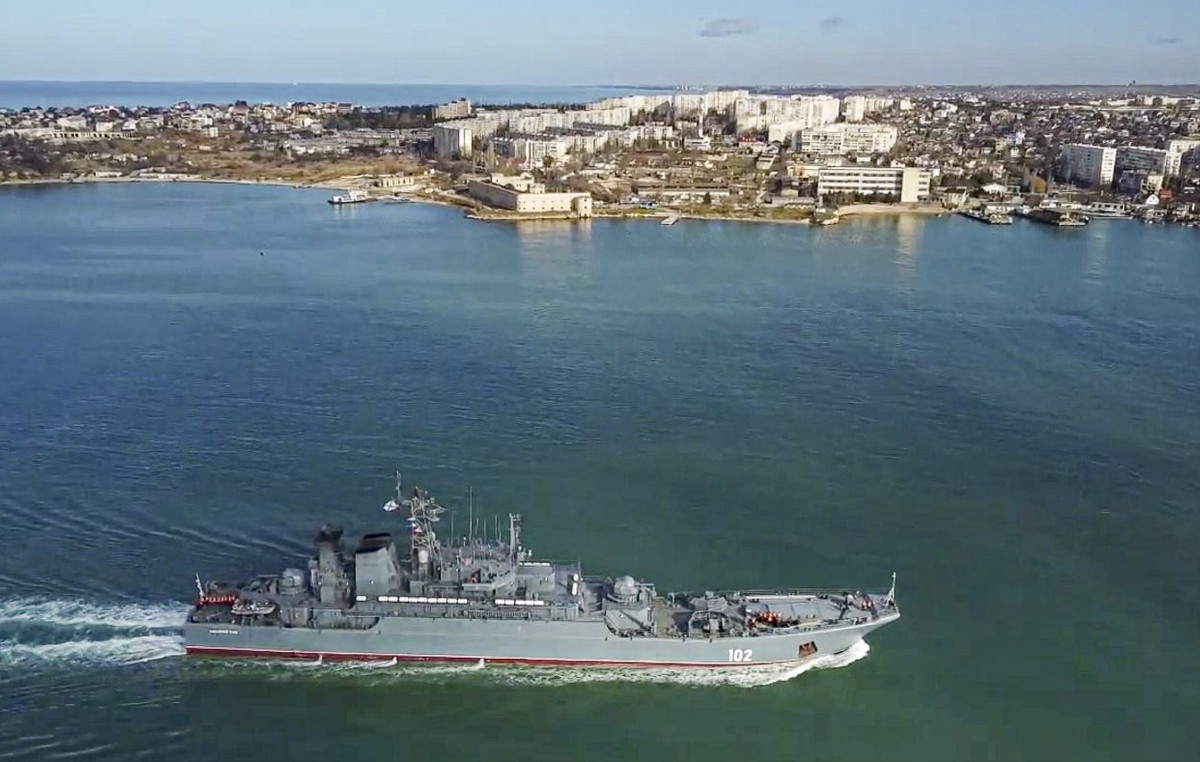The International Court of Justice (ICJ) was once again in the spotlight in January this year, after South Africa filed a lawsuit against Israel accusing the country of violating obligations defined by the 1948 Genocide Convention.
The judicial body, which this year also handed down sentences related to the conflict between Russia and Ukraine, is the United Nations' main international court.
Understand below how the Court works.
Understand what the International Court of Justice is
The ICJ was created in 1945 as a way to resolve disputes between countries .
Also known as the “World Court”, or “UN Court”, the Court is one of the six “main bodies” of the UN, alongside the General Assembly, the Security Council, the Economic and Social Council, the Trusteeship Council and the Secretariat.
Headquartered at the Peace Palace in The Hague, Netherlands, the entity is the only one of the six main entities that is not located in New York, in the United States.
The ICJ is the only international court that resolves disputes between the 193 UN member states.
In this sense, the body has an “important contribution to global peace and security, providing countries with a way to resolve problems without resorting to conflict”, according to the United Nations.
In addition, the court also provides advisory opinions on legal questions submitted by other UN bodies.

What does the International Court of Justice do?
The International Court of Justice can act in two types of cases. The first are the so-called “contentious cases”, which are legal disputes between countries.
The second are “consultative procedures”, that is, requests for opinions on legal issues sent by other United Nations bodies and specialized agencies.
The case brought by South Africa is the first contentious case against Israel at the ICJ.
However, the court had already issued an advisory opinion on the Israeli government in 2004, when it ruled that the construction of a wall within the West Bank, a barrier being erected by Israel and limiting access to East Jerusalem, contravenes international law. .
Any member state can initiate action against any other country, whether or not they are directly in conflict.
In a case involving The Gambia and Myanmar, for example, The Gambia was not directly affected by the genocide allegations leveled against Myanmar, but this did not stop the country from bringing the charges, on behalf of the Organization of Islamic Cooperation.
How does the Court work?
Cases are judged by the panel of 15 judges that make up the body.
Members of the court are elected for nine-year terms by the UN General Assembly and the Security Council. Furthermore, they do not represent their governments, they are independent magistrates and there is only one judge of each nationality on the Court.
Countries involved in an ICJ case appoint an agent to defend their case, someone who has the same rights and obligations as a lawyer in a national court. Occasionally, an important politician may defend his country.
In the case brought by Gambia, for example, it was Myanmar's leader, Aung San Suu Kyi, who defended the country in court in The Hague.
A case can take anywhere from a few weeks to several years to be deliberated and receive a verdict.
The decisions of the ICJ trials are final and there is no possibility of appeal. It is up to the countries involved to apply the court's decisions in their national jurisdictions. In most cases, obligations dictated by international law are honored.
However, the Court does not have a mechanism to enforce sentences and they have been ignored in the past.
If a country fails to comply with the obligations that are imposed by the decision, the only recourse left is the Security Council, which can vote on a resolution on the subject of the process, in accordance with the United Nations Charter.
This happened in a Nicaragua case against the United States in 1984. The Latin country asked for reparations alleging that the US financed paramilitary groups with the aim of overthrowing the government. The ICJ ruled in favor of Nicaragua, but the American government refused to accept the conclusion. Ultimately, Nicaragua took the matter to the Security Council, where a resolution was vetoed by the US.
If there is doubt about the meaning or scope of a sentence, the only possibility is for one of the States involved to request an interpretation from the International Court of Justice.
In the event of the discovery of a fact previously unknown to the ICJ and which could be a decisive factor, either party may request a review of the sentence.
Differences with the International Criminal Court (ICC)
The International Court of Justice is often confused with the International Criminal Court (ICC), also based in The Hague.
The fundamental difference between the two instances is that the ICC judges individuals for war crimes or crimes against humanity.
Furthermore, although the ICJ is a United Nations body, the ICC is legally independent of the UN, although it is approved by the General Assembly.
Not all 193 UN member states are signatories to or recognize the jurisdiction of the International Criminal Court.
Source: CNN Brasil
Bruce Belcher is a seasoned author with over 5 years of experience in world news. He writes for online news websites and provides in-depth analysis on the world stock market. Bruce is known for his insightful perspectives and commitment to keeping the public informed.



.jpg)



